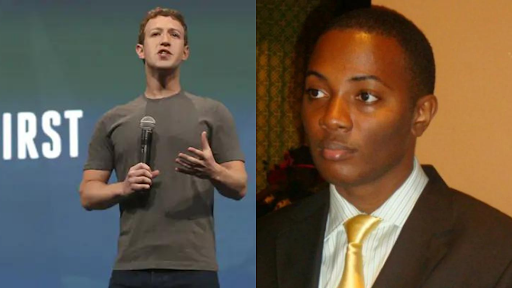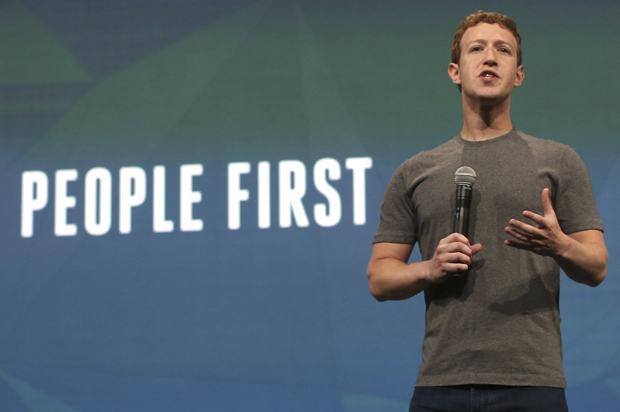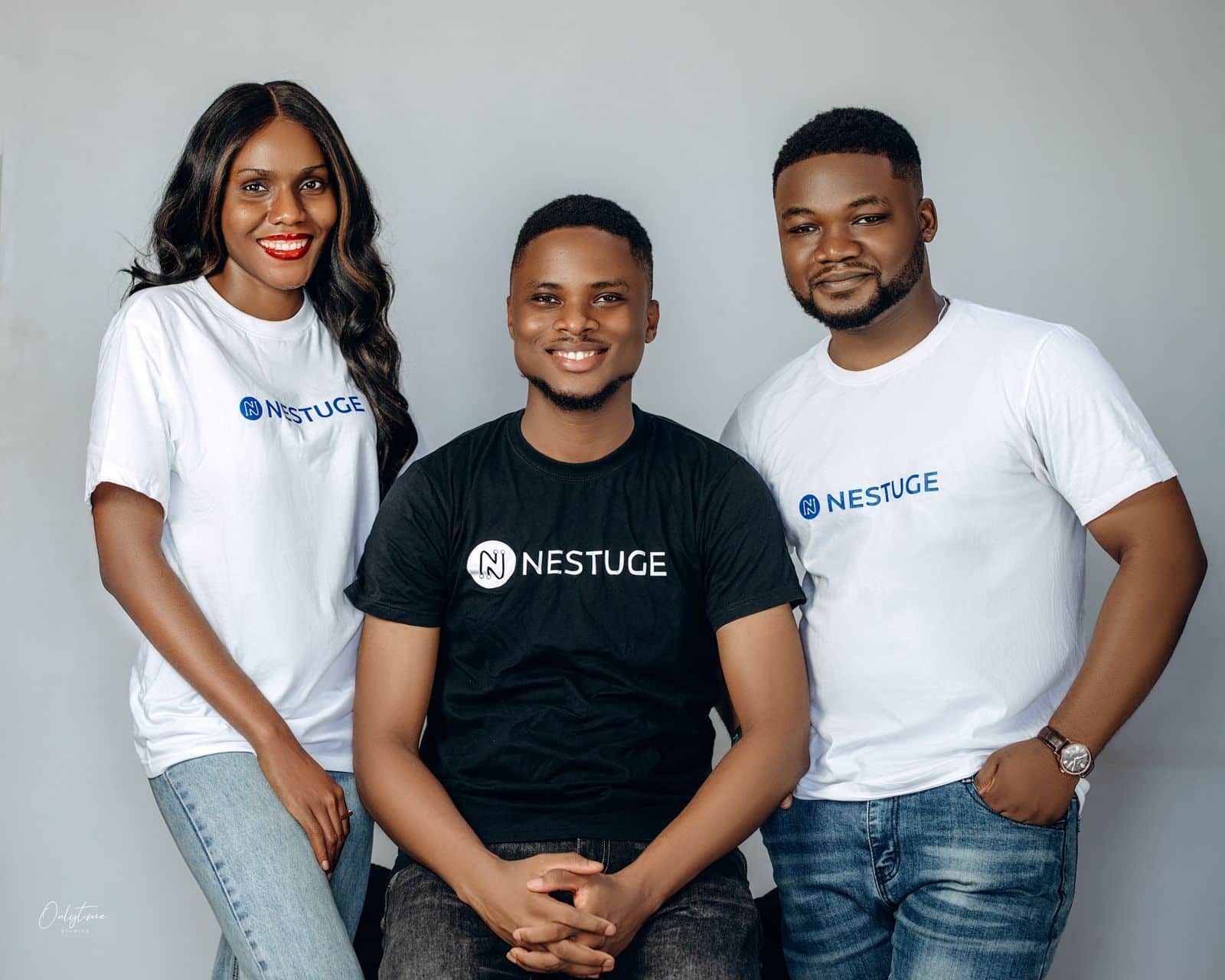This article is over 4 years old.
In 2004 and 2005 respectively, Mark Zuckerberg and Seun Osewa each conceived an online business idea. Both so much believed in their dreams that they decided to drop out of school to pursue them.
Upon Mark’s decision to drop out of school, he sought the guidance of his university professors, who connected him to smart and talented engineers that could help birth his idea into reality. He extended his tentacles to other tertiary institutions, still in the bid to pick the smart team.
The support he got really paid off, as Mark Zuckerberg succeeded in founding Facebook, the largest social media empire in the world today, worth over $150b.
Seun, on the other hand, had it really rough, no thanks to the fact that where he comes from, a school dropout is considered nonchalant. Nevertheless, the zealous Seun never stopped for people’s opinion. Although he had no professors or advisers to seek counsel from, no team of smart engineers to recruit, and no major fund raising — compared to Zuckerberg who got $500,000 in angel investment in the summer of same year he started his venture — Seun Osewa still managed to create the largest Nigerian forum of today, Nairaland which has over 1.5m monthly users and ranks as the 7th most visited website in Nigeria currently.
Highlights
- Mark Zuckerberg is a dropout from Harvard University | Seun Osewa is a dropout from Obafemi Awolowo University
- Mark left school for Facebook | Seun left school for Nairaland
- Mark had a community of like minds surrounding him, definitely an ecosystem | Seun was more of a lone ranger.
- Mark immediately met a professor in his school, who linked him up to smart hands, (ecosystem in play) | Seun, on the other hand, had to virtually bear the entire weight by himself. He even self-hosted his company.
- Mark got series of further investments | Seun doesn’t have this opportunity. He typically bootstrapped and consulted family and friends when he got stuck financially.
- Mark got necessary support and mentorship, he scaled fast and now, he has built a social media empire that the whole world can almost not do without on a daily basis | Though Seun claims to be satisfied with what he has, we can not overlook the fact that Nairaland could have been more if he had had even half the resources at Mark’s disposal.
By now, you are probably curious as to what inspired this story. On the 29th of May, 2017, Techpoint hosted ‘Techpoint Inspired‘ and during one of the panel sessions, the debate on whether or not there is a tech ecosystem in Nigeria was revisited.
On either side of the interesting subject were Emeka Okoye (CEO/Lead Architect, Cymantiks) and Aniedi Udo-Obong (Program Manager, Google Sub-Saharan Africa)
According to the latter, a tech ecosystem does exist in Nigeria, albeit at an infant stage; a view that was totally opposed by Emeka, who stood his ground that a tech ecosystem does not exist in Nigeria at all. You may watch the full debate below.
Prior to the event, Emeka had earlier stated that there are basic elements that make up a tech ecosystem and they include universities, tech businesses, hubs/accelerators, entrepreneurs, startups, research institutions and the government. He emphasised that Universities should be the frontiers.
He pointed out that it is unfortunate that these elements have no solid base in Nigeria. Hence, the basis for his argument.
Does an ecosystem really matter?
Going by the components of an ecosystem given by Emeka, we can not shy away from the fact that they all play critical roles in building and sustaining businesses, that could, in turn, develop a nation.
The university is supposedly the bedrock, where everything begins. When Mark opted to drop out, he sought professors who never stigmatised or criticised the path he had chosen but supported him instead. Obviously, tertiary institutions in Nigeria are still struggling with ICT. Speaking reality is saying Nigerian Universities haven’t fully embraced practical technological innovation, not to talk of having in-house professors that could point one to the right directions.
Established tech companies are supposed to liaise with schools to provide a platform for upcoming ones to leverage. Nigeria is also found wanting in this area. Presently, most of our research institutes focus majorly on agricultural and medical research. Very few know how to utilise science and technology to solve practical problems.
A noteworthy point to elucidate is that research is very crucial for national development and global significance/recognition. Unfortunately, Nigeria is lacking in this area.
How about the government? In the bid to effect a significant turnaround in the Nigerian tech ecosystem, we cannot rule out the government. They remain policy makers that hold to key to favourable legislation. Hence, the “if the government is not cooperating, let’s do this ourselves” mantra can’t effect the change we hope to see.
An exemplary case study is Elon Musk. Thanks to the US government’s incentives and subsidies worth $4.9 billion, he now runs multi-billion dollar companies — Tesla, SolarCity and SpaceX.
Asides funding initiatives, the government would also play an instrumental role in ensuring consumption of local technology.
Assuming all of these are in place in Nigeria, then it would have been easier for speakers who were in another interesting panel session, during Techpoint Inspired, to discuss the topic “What it takes to build a business from scratch”.
In a full-fledged ecosystem, the might have suggested this:
“Once you conceive your idea, take it to these experts who would work with you for a couple of weeks to test the market and viability, and you would be linked to potential investors. After which, you should partner with XYZ tech companies to leverage on their existing customer in scaling your venture”.
But, considering such grounds aren’t yet established in Nigeria, their responses took a different turn. You can watch the clip of the interesting session below:
Granted, Nigeria is a rough environment to do business in. This is evident in how few local companies scale to global heights, in Nigeria. Arguably, most of the few that attain global competitiveness had foreign intervention at some points. But, in the case of a strong and unified ecosystem, emerging businesses sure have a strong support to fall back on.
Where mentorship comes in
Mentorship plays a vital role in entrepreneurship. Unfortunately, here is another vital aspect (of the ecosystem) that is not well exploited. Although, finding a readily available mentor could be as difficult as finding a diamond. But if a true ecosystem exists, mentors would probably flood everywhere.
There are numerous benefits to mentor-mentee relationships. Asides setting one on the right track, they also help curb costly mistakes. Supposing Seun Osewa had experienced hands he could relate his idea with when he was just starting out — just as Mark did — there is a chance that he would have scaled faster, and not made so many mistakes.
Aniedi, aware that the ecosystem is not yet fully formed, gave an inkling into how a willing entrepreneur can attract a mentor. According to him, even in the midst of unavailable or scarce mentors, if you position yourself as a good mentee, mentors would definitely come looking for you.
Conclusion
All said and done, what matters is not the argument about the non-availability of a tech ecosystem and valuable mentorship in Nigeria. Emeka and Aniedi have done justice in making obvious this lapse. Now, we have to look beyond our flaws and start being optimistic about our potentials.
If there is no tech ecosystem is Nigeria, we should start working towards building one. And if it is presently at the infant stage, we should begin nursing and grooming it into being a toddler, feeding it to grow into the teenage stage, till it finally matures into the adult stage.
As it appears, we now have startups clusters, which is definitely a good start. However, just as Emeka pointed out, will Nigerian Universities accept the challenge to be pioneers of building a tech ecosystem in Nigeria? There is definitely a reason this is coming now, and acting swiftly on establishing an ecosystem and mentorship system in Nigeria is the best bet.














